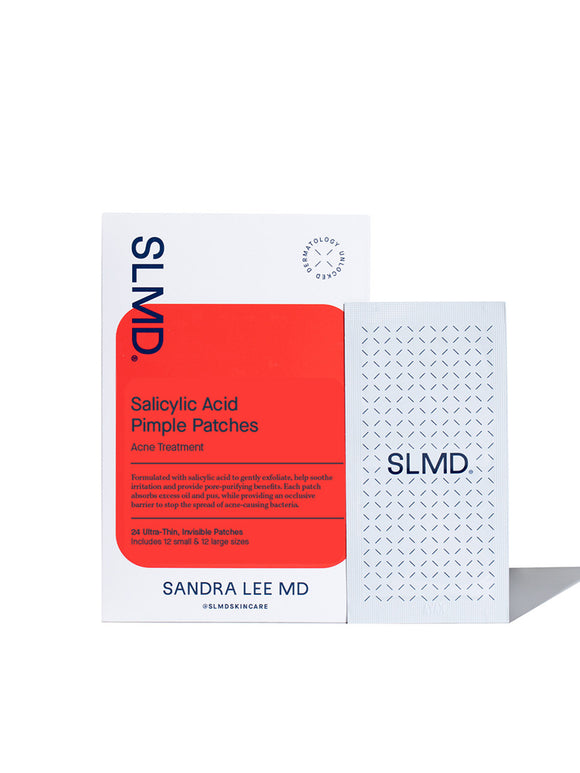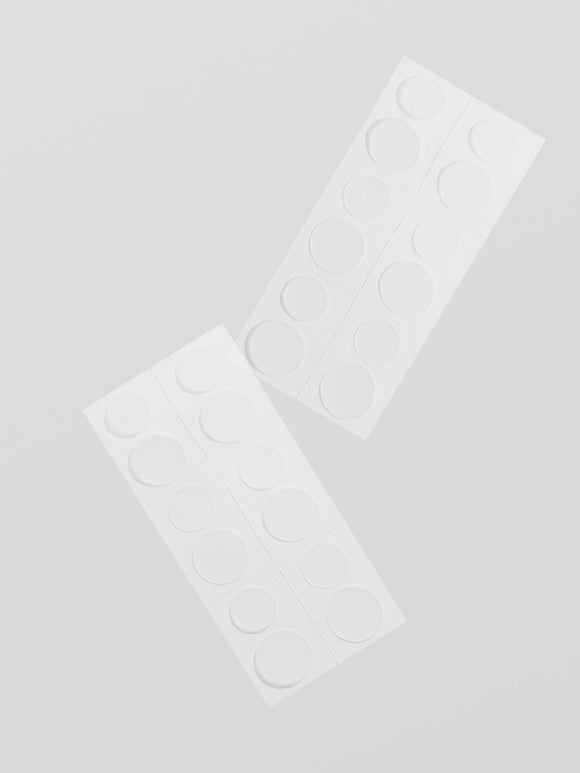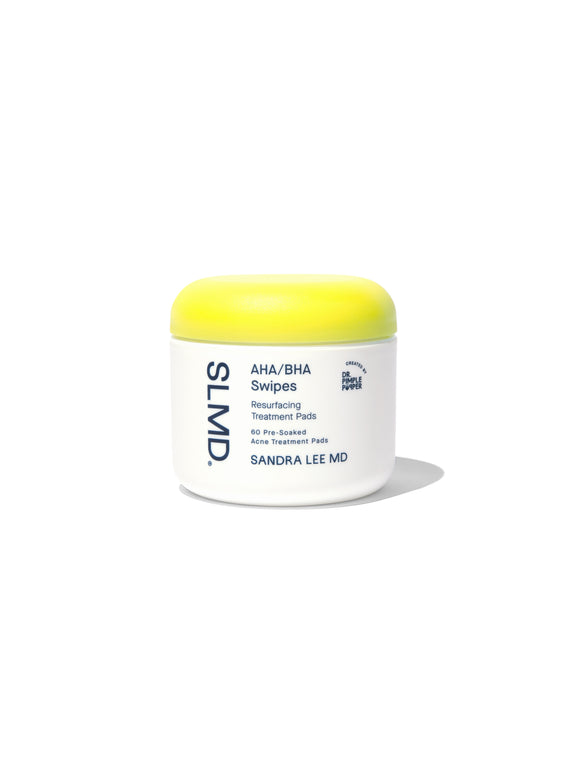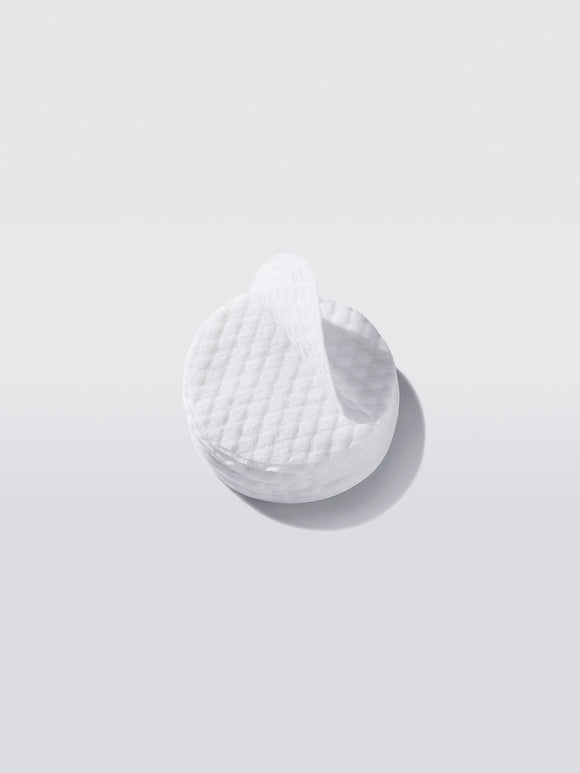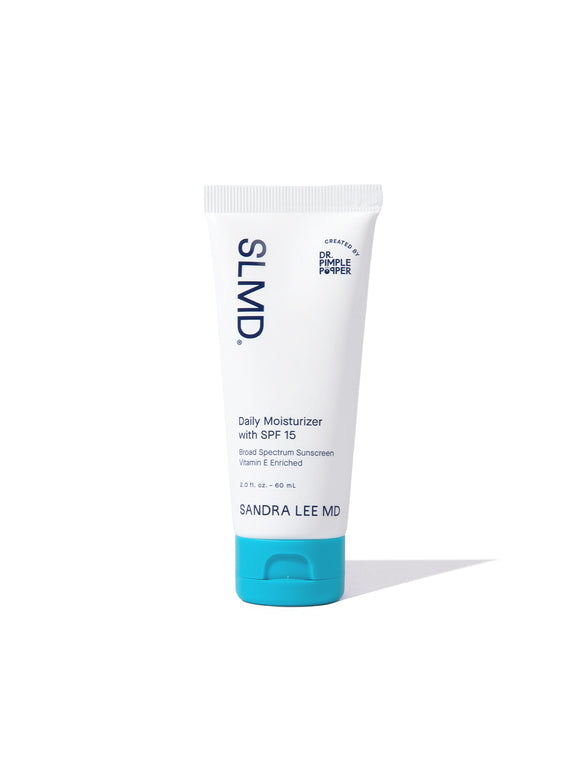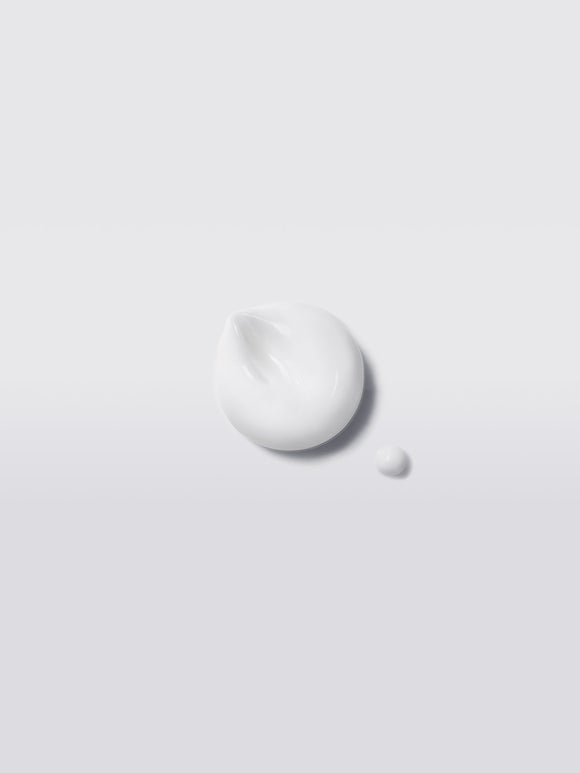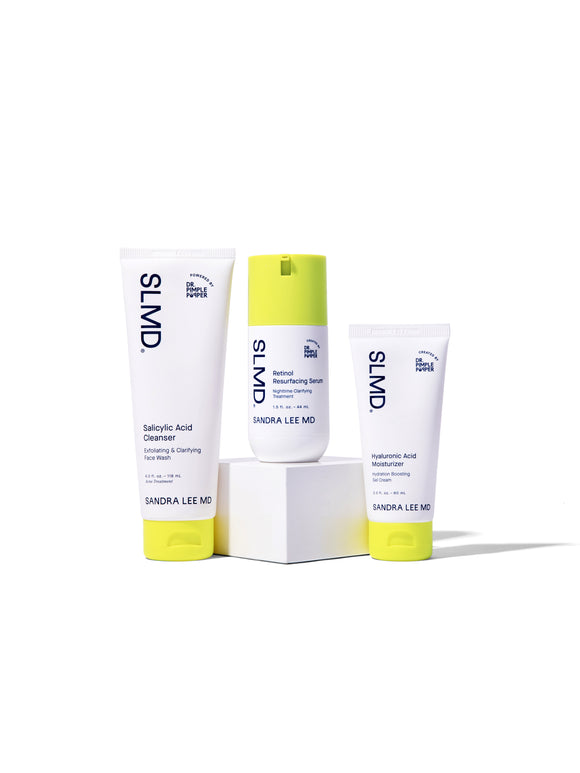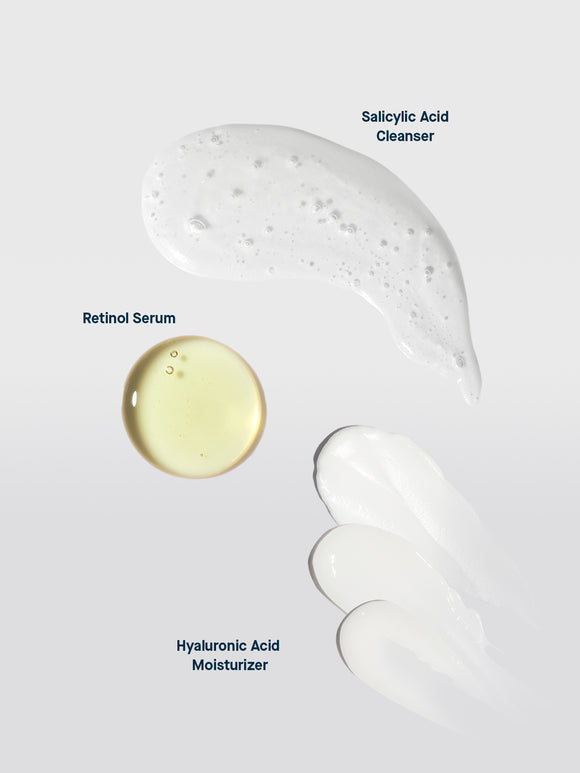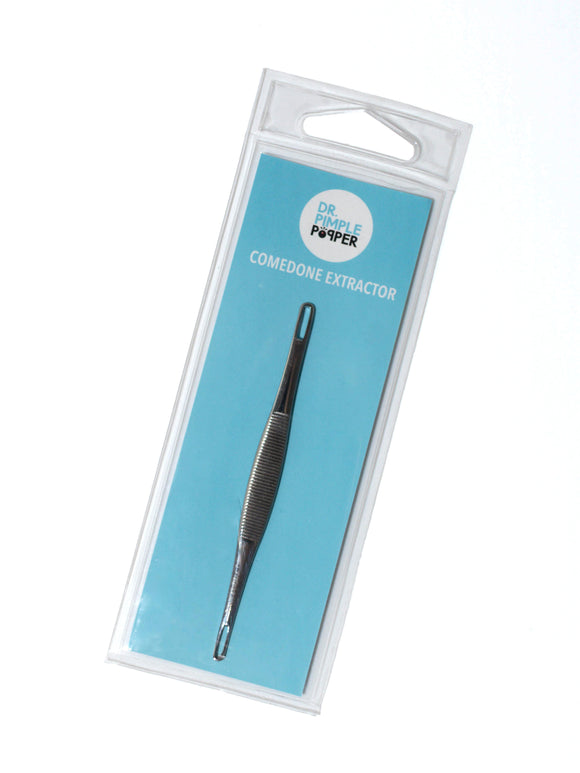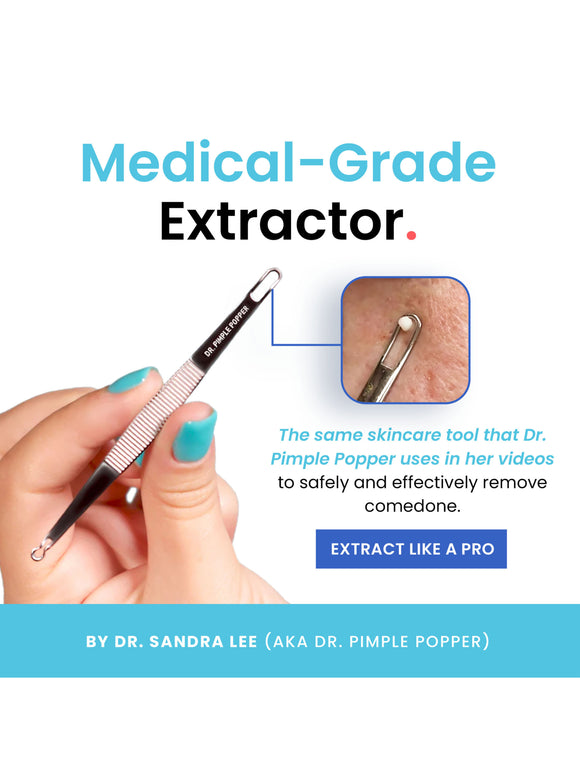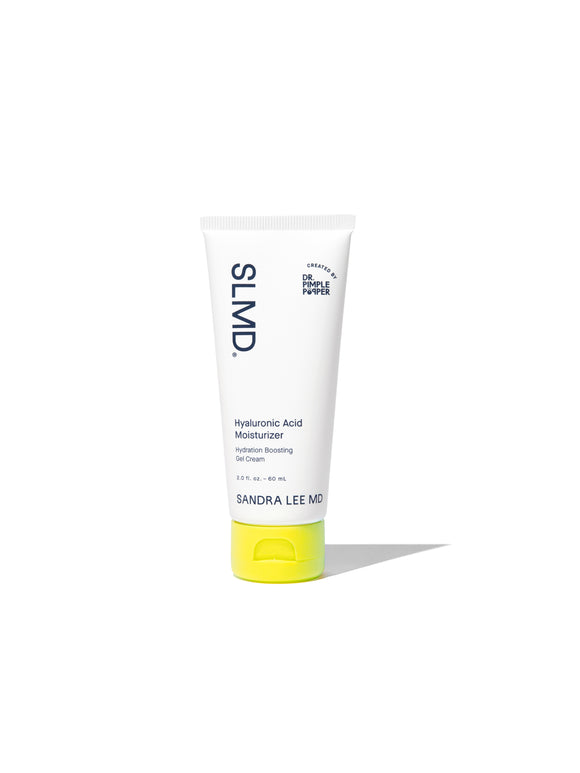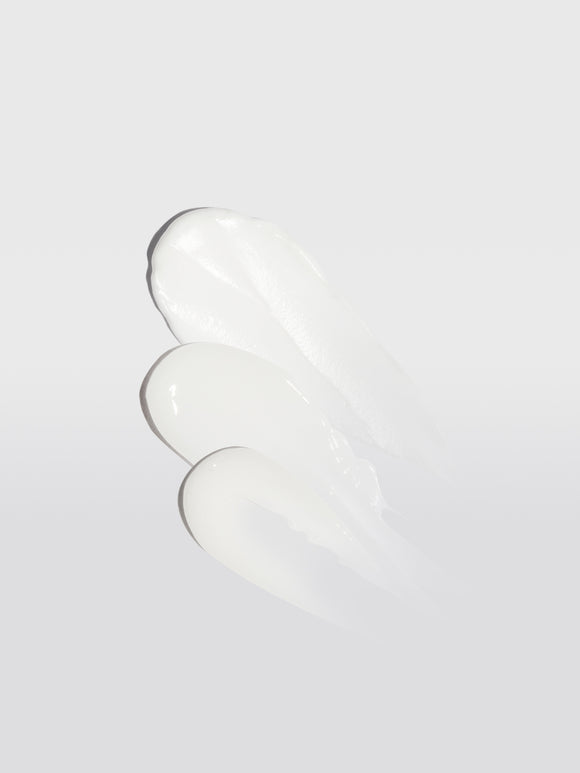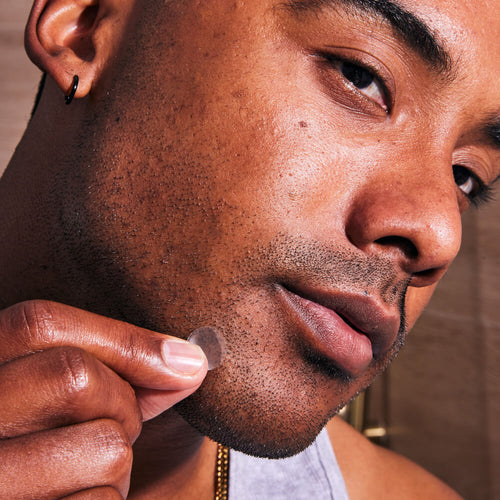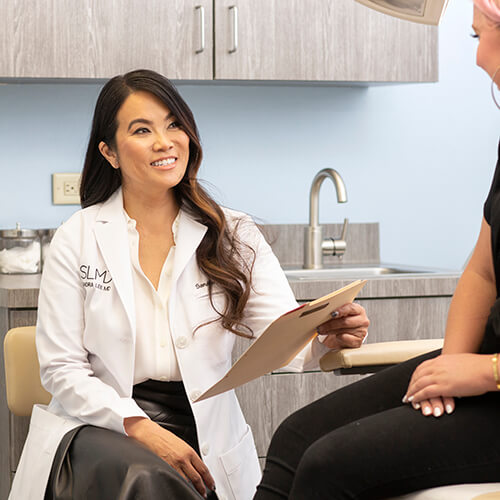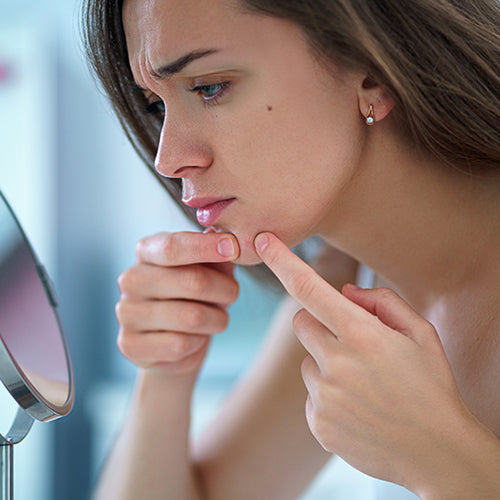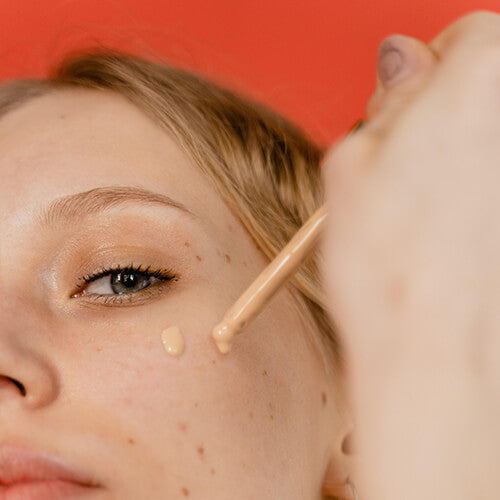
Does Makeup Cause Acne? Tips to Prevent Breakouts
Dr. Pimple Popper reveals which makeup habits may cause breakouts — and how to protect your skin.
Published:
4 minute read
Makeup can indeed be a contributing factor to acne for many people, particularly when certain products contain ingredients that clog pores or irritate sensitive skin. Known as acne cosmetica, this type of acne is triggered by makeup that obstructs the skin, weakening its natural barrier and leading to breakouts. If you’re dealing with acne and wondering if your cosmetics could be a culprit, Sandra Lee, MD (aka Dr. Pimple Popper), offers expert guidance on preventing breakouts and choosing makeup products that are less likely to cause pimples.
Article Quick Links
Does makeup make you break out?
In a nutshell: it can. To answer this question, it helps to understand what causes acne: clogged pores. Acne occurs when pores become blocked with oil, dead skin cells, and depending on the type, bacteria. Certain makeup ingredients, especially occlusive (pore-clogging) ones, can contribute to this process by trapping these substances on the skin. What's more, even non-comedogenic products may still irritate or cause allergies in some people, which can weaken the skin barrier and ultimately make it more susceptible to breakouts.
What cosmetic ingredients can make you break out?
Some ingredients are more likely to trigger pimples, especially if you have acne-prone skin. However, as Dr. Lee points out, “Not every comedogenic ingredient will cause every person to break out. Everyone’s skin is different — if you have acne-prone skin, try experimenting to find what works best for you.”
Here are a few common culprits that tend to cause issues:
- Oils: Even natural oils, like avocado and coconut, can trap dirt and bacteria along with sebum, clogging pores for some people.
- Lanolin: This heavy ingredient, often derived from sheep sebum, can clog pores and trigger allergic reactions in some individuals.
- Silicone: A popular primer ingredient, silicone forms a barrier on the skin that can trap sweat and bacteria, potentially leading to clogged pores.
- Fragrance and dye: Known to irritate sensitive skin, these ingredients can weaken the skin barrier and contribute to breakouts.
For acne-prone skin, Dr. Lee recommends starting with non-comedogenic products to minimize pore-clogging risk, but remember to observe how your skin responds and make adjustments based on your unique needs.
Dr. Pimple Popper's Acne Skincare Picks
How to tell if makeup is causing breakouts
If you suspect your makeup might be contributing to your acne, start by taking a break. Stop using any makeup products, including primers, foundations, concealers, and powders, for about two weeks to allow your skin to reset. Once your skin has calmed down, gradually reintroduce products one by one to see if any cause breakouts.
How to wear makeup without causing acne
If you want to continue wearing makeup but reduce the risk of breakouts, here are some expert tips from Dr. Lee:
- Always remove makeup: Thoroughly remove makeup every night with an oil-free makeup remover. Follow up with a gentle cleanser to clear any residue left on the skin.
- Use clean brushes and tools: Bacteria can accumulate on makeup brushes, contributing to acne. Clean brushes at least once a week, and replace worn-out applicators.
- Choose non-comedogenic products: Look for lightweight, non-comedogenic products specifically designed for acne-prone skin. Products with acne-friendly ingredients like salicylic acid can help keep pores clear.
- Be cautious with new products: Introduce new products slowly, so you can watch for any reactions.
How to cover pimples without makeup
If you’re used to covering acne with makeup, going without can be a tough transition. Fortunately, a few key skincare products can help clear your skin and improve appearance:
- Acne skincare routine: Consistent use of acne-fighting products is essential for clear skin. A daily routine with proven ingredients (think: salicylic acid, benzoyl peroxide, retinol) can help prevent breakouts and reduce inflammation.
- Targeted treatments: Use salicylic acid spot treatments for blackheads and whiteheads, and benzoyl peroxide treatments for inflamed pimples.
- Pimple patches: Clear, adhesive patches containing salicylic acid or other acne treatments can help absorb oil and reduce inflammation without makeup.
Try: SLMD Acne System, SA Acne Spot Treatment, BP Acne Spot Treatment, Salicylic Acid Pimple Patches
FAQ: Common questions about makeup and acne
Q: What is acne cosmetica, and how is it different from regular acne?
A: Acne cosmetica is a type of acne caused by comedogenic ingredients in makeup. It typically appears as small bumps on the cheeks and forehead and often resolves once you stop using the problematic product.
Q: Are certain types of makeup more likely to cause acne?
A: Yes, thicker makeup products like cream foundations and stick bronzers can contain waxes and oils that clog pores. For acne-prone skin, powder or mineral-based products are generally better options as they’re less likely to block pores.
Q: Do “non-comedogenic” products prevent acne for everyone?
A: Non-comedogenic products are formulated to avoid clogging pores, but individual reactions vary. Monitor your skin’s response to any new product, even if labeled non-comedogenic.
Q: How often should I clean my makeup tools to prevent acne?
A: Makeup brushes and sponges can harbor bacteria and oil that lead to breakouts. Clean brushes at least once a week, and replace disposable sponges regularly for best results.
Q: Can I wear makeup with acne-fighting ingredients?
A: Some makeup includes acne-fighting ingredients like salicylic acid, which can help unclog pores. However, the concentration is often low, so these products should support, not replace, a dedicated skincare routine.

Dr. Lee's Last Word
It’s absolutely essential that you remove makeup thoroughly at the end of the day. Not only can the ingredients be occlusive, but leaving makeup on can make skin look duller and older over time. If you suspect that cosmetics are causing your breakouts, it’s fairly simple to figure out: take a break and see if your skin improves.





